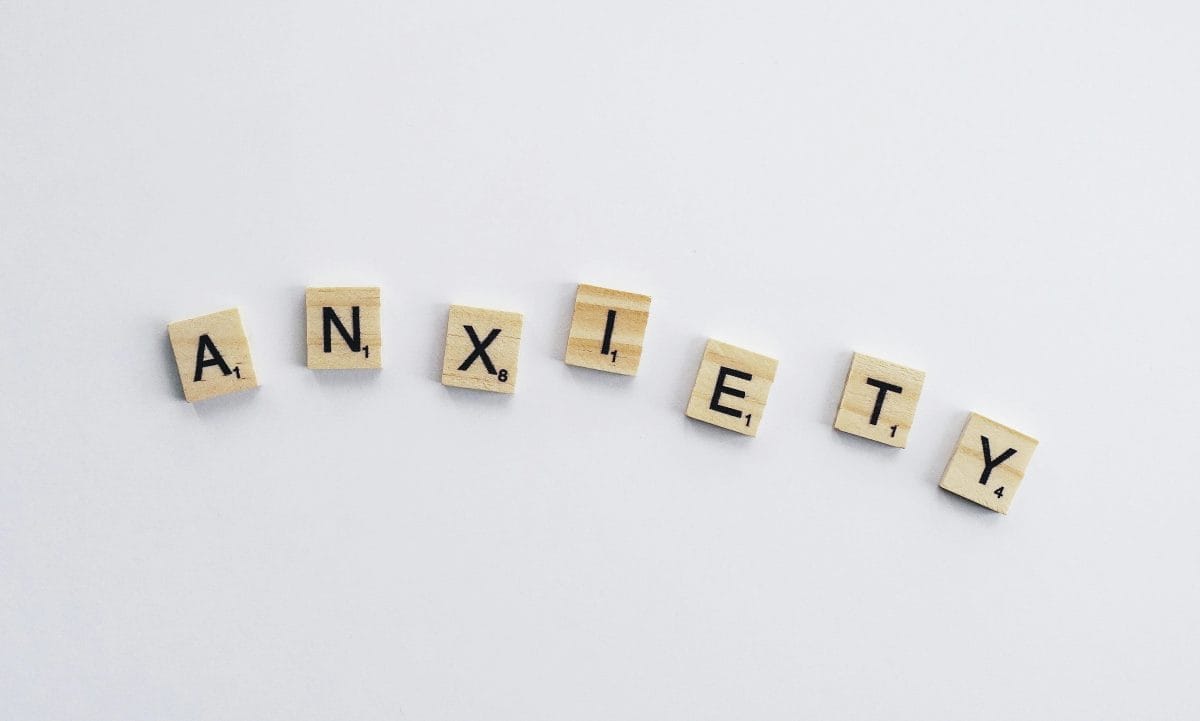Anxiety significantly impacts adolescents’ ability to navigate crucial coming-of-age moments in their lives, ranging from academic achievements to social settings. Outpatient treatment programs offer structured therapy and support to help cope with anxiety disorders while allowing adolescents to maintain their daily routines and still live at home. These programs use a range of therapeutic modalities tailored to addressing the specific needs of each individual.
Therapeutic Modalities
Outpatient treatment programs typically offer various therapeutic modalities, including Cognitive Behavioral Therapy (CBT), which is particularly effective in treating anxiety disorders. CBT helps adolescents identify and challenge negative thought patterns and behaviors that contribute to anxiety. Through individual and group therapy sessions, participants learn coping skills, relaxation techniques, and strategies to manage anxious thoughts and emotions.
Psychoeducation
Psychoeducation helps adolescents understand the nature of their anxiety and its underlying causes. Psychoeducation allows adolescents to receive information about symptoms, triggers, and other available treatment options. Understanding anxiety empowers individuals to recognize their own symptoms and develop skills to cope with them effectively.
Developing Coping Skills
Outpatient programs often offer methods for developing coping skills to help adolescents manage their anxiety. Coping skills focus on stress management, learning or managing triggers, communication skills, and other problem-solving strategies. Acquiring these coping skills during outpatient treatment allows individuals to practice in real-world situations to see how they can manage their anxiety beyond the program.
Group Support
Group therapy sessions provide a supportive environment where adolescents can connect with others who are experiencing similar challenges. Sharing experiences, challenges, and successes with peers can reduce feelings of isolation and provide validation. Group therapy also offers opportunities for social support, feedback, and encouragement, fostering a sense of belonging and camaraderie.
Flexibility and Accessibility
Outpatient treatment programs offer flexibility in scheduling therapy sessions, allowing individuals to attend sessions at times that are convenient for them. This flexibility enables participants to continue working, attending school, or fulfilling other daily responsibilities while receiving treatment for their anxiety. Outpatient programs are ideal for adolescents who do not require 24-hour supervision or intensive intervention.
Continuity of Care
Outpatient treatment programs facilitate continuity of care by providing ongoing support and monitoring for individuals with anxiety disorders. Participants receive regular check-ins with their therapists to assess progress, address any challenges or setbacks, and make adjustments to their personalized treatment plans as needed. This continuity of care ensures that individuals receive the support they need to maintain their mental well-being beyond the duration of the program.
A Holistic Approach to Healing
Parents looking for a holistic approach to helping their child manage anxiety benefit from these outpatient treatment programs. Anxiety treatment provides adolescents with the tools, support, and resources they need to effectively cope with their symptoms and improve their overall quality of life. By participating in a treatment program, they can develop skills, gain insight, and build resilience to navigate life’s challenges with greater confidence and stability.



